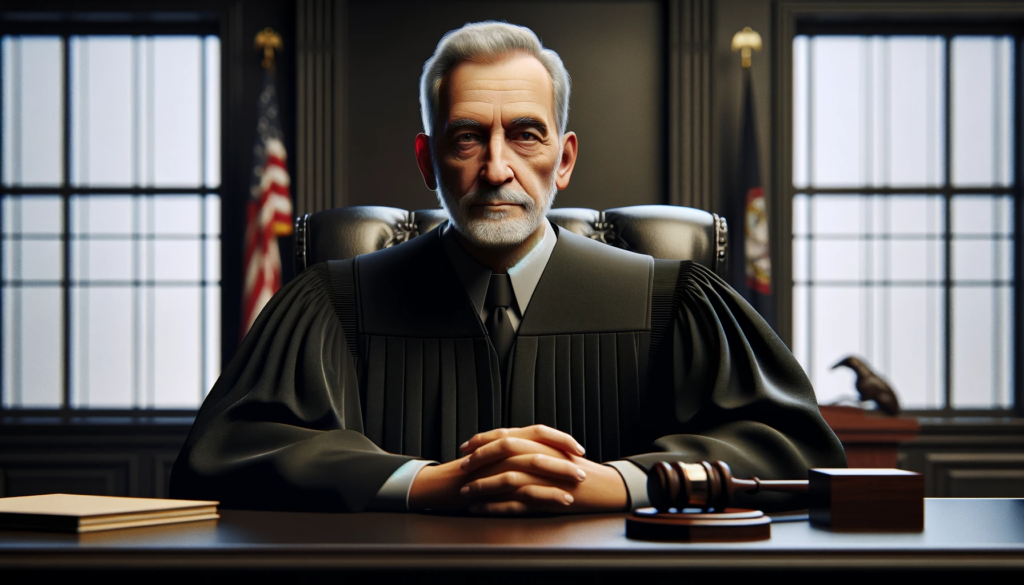In a pivotal legal decision, the Washington State court’s ruling in State v. Richman establishes a crucial precedent regarding the inevitable discovery rule. This case, evolving from shoplifting to first-degree theft, scrutinized the constitutional legitimacy of evidence obtained in search and seizure procedures.
Case Overview: The Rise of State v. Richman
Allen Richman faced first-degree theft charges for stealing from Seattle’s Littler’s clothing store. The crux of the case rested on whether evidence, specifically a belt and trousers found in Richman’s briefcase, adhered to constitutional standards. This discovery was key, elevating the theft to a more serious charge.
Key Testimonies in the Suppression Hearing
During a suppression hearing, the court evaluated the evidence against the Fourth Amendment of the U.S. Constitution and the Washington Constitution’s article I, section 7. Testimonies from Zino Boudra, the store manager, and Officer Sage Farwell, were critical in this examination.
Boudra recounted his suspicion and subsequent apprehension of Richman, while Officer Farwell provided insight into the arrest and his standard practice of searching personal items for security purposes.
Trial Court’s Decision on Evidence Admissibility
The trial court credited Boudra’s narrative, affirming probable cause for Richman’s arrest. Despite uncertainty regarding the briefcase’s search, the court applied the inevitable discovery rule, positing that the evidence would have been lawfully uncovered eventually.
Understanding the Inevitable Discovery Doctrine
The inevitable discovery doctrine serves as an exception to the exclusionary rule, permitting evidence obtained illegally if it would have been inevitably discovered through lawful means. The Washington court’s task was to align this doctrine with the state’s broader privacy protections under article I, section 7.
The Court’s Comprehensive Analysis
The court’s deliberation, guided by factors from State v. Gunwall, concluded that the inevitable discovery doctrine upholds the state constitution’s privacy safeguards, requiring that evidence be obtained through constitutional procedures.
Ruling Outcome and Its Significance
Affirming the trial court’s decision, the court emphasized that the evidence in Richman’s briefcase would have been found in a constitutional search incident to his arrest. This judgment reaffirms Washington State’s commitment to balancing privacy rights with efficient law enforcement.
The Broader Impact of State v. Richman
This landmark case in Washington State highlights the significance of the inevitable discovery rule amidst extensive state constitutional privacy protections. It underscores the critical balance between protecting individual rights and ensuring key evidence in criminal prosecutions is fairly utilized.
You can Read State v. Richman, 85 Wn. App. 568 (Wash. Ct. App. 1997): A Landmark Ruling on the Inevitable Discovery Rule in Washington https://casetext.com/case/state-v-richman-2
Review our client resources here
Contact us anytime for your urgent legal needs.
About Blanford Law:
We are no-nonsense, relentless, fair, and honest. We are great listeners instead of fast talkers, that is just who we are. More than 20 years ago, Ken began practicing law with a deeply-seeded belief that every person has the right to the best legal representation available. He built his law firm on that belief. Another belief that he strongly adheres to is his fundamental belief that clients deserve respect, with no assumptions or preconceived notions. If you or someone you know is accused of a crime or injured as a result of the negligence of another, please have them call us at 253-720-9304 or email us info@blanfordlaw.com

